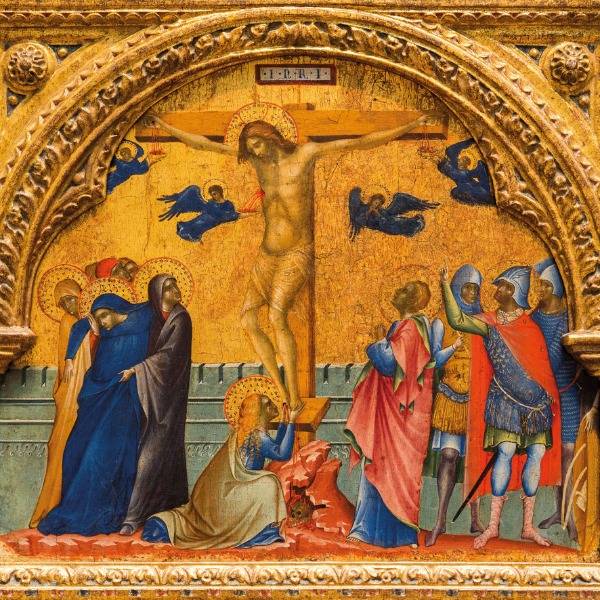Blind Bishops
In the days before Christmas I sat down on a BBC Breakfast sofa to discuss Christmas celebrations with the Bishop of Reading. I was there because of our festive rationalist celebrations, the Nine Lessons and Carols for Godless People shows (which had just finished its 6-night run in London), and he was there apparently to be outraged that we were taking the Christ out of Christmas. He manifestly failed to be outraged. Instead he said our shows sounded great and he’d love to come next year. He also told me, backstage, that he didn’t like religion either (well, he is an Anglican), he was only interested in sharing Jesus’s message of love and peace with the world. He seemed like a thoroughly decent chap. Perhaps, I thought, the concerns we express in these pages about the encroachments of religion into our collective public life were just that little bit unfair? Weren’t bishops actually quite cuddly?
That same day when I got into the office I read Laurie Taylor’s searingly personal piece about clerical child abuse, and was reminded, with almost unbearable clarity, not only of the bald and horrific facts of church child abuse and the bishops’ shameful cover-up that followed, but of the consequences of allowing special privileges, social and legal, to institutions which claim to have a hotline to Truth and to hold in their hands the fate of individuals in this world and the next. Laurie’s barely restrained outrage fairly burns off the page, and reminds all those who need reminding that religious privilege can have appalling consequences.
Religion research
Personal testimony is one way to go about undermining the special claims of religion. Another is good old-fashioned social science research. Not so long ago we published an interview with Economist editor John Micklethwait about the book God Is Back, in which he and his co-author Adrian Wooldridge argued that religion had not only survived modernity but was stronger than ever in places like American and China. Researcher Tom Rees offers an admirably clear and convincing counter-explanation for the apparent rise of contemporary religiosity.
Battle of the barnets
Sitting in the room adjacent to the one in which AC Grayling and Tzvetan Todorov had their discussion about the Enlightenment that provides our cover story, our photographer, Des, turned to me and said, “It’s like having your own private BBC 4.” He was right. It was a privilege to listen in as these two fluent scholars discussed the legacy of the Enlightenment in the appropriately early-Georgian confines of the Art Workers Guild in Queen’s Square, London. Our edited highlights include their fascinating discussion of the legacy of Rousseau – was he a humanist or anti-humanist? – the scientific mindset, and how to stay true to the spirit of free enquiry. Sadly we could not find space for the part of the interview where Anthony Grayling asked Todorov if he thought all philosophers had to have extravagant coiffures (they both have rather impressive barnets), or for the part where they debate whether man should go to Mars. For this you’ll need to visit our website where we have published the unexpurgated transcript.
Godless redux
If you were one of the 7,000 people who were able to attend our Nine Lessons and Carols for Godless People shows at the end of last year you will already know that they were a sell-out success. Mark Henderson in The Times wrote, “This is the sort of show that everybody should see. It is just the way that science can and should be communicated to the widest possible audience.” Visit our website and discover exclusive backstage footage of all the acts including Dara O Briain, Johnny Ball, Shappi Khorsandi and Al Murray on our new YouTube channel. You’ll also learn how you can get hold of a DVD of the 2008 shows and find details of what we have planned for this year.

